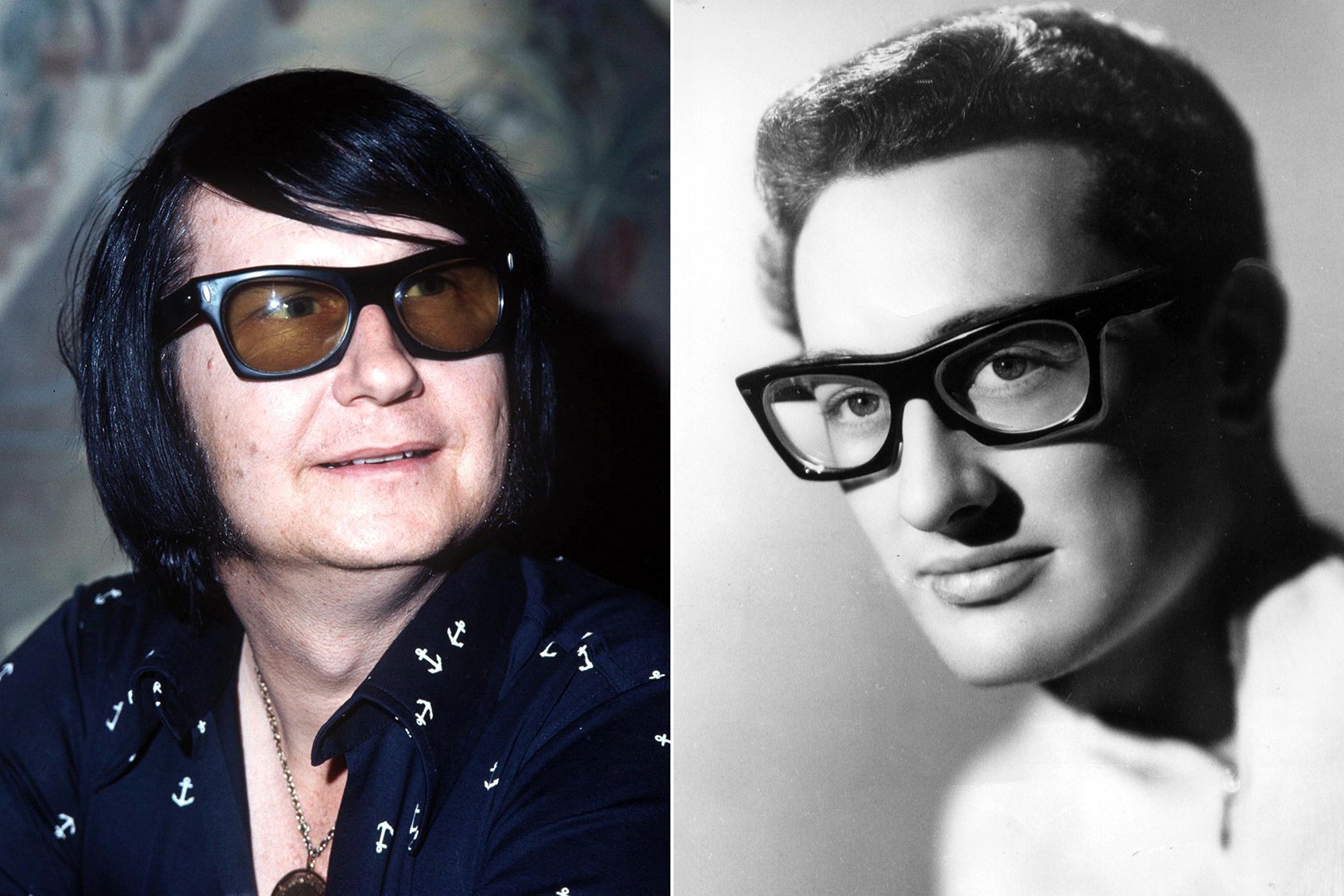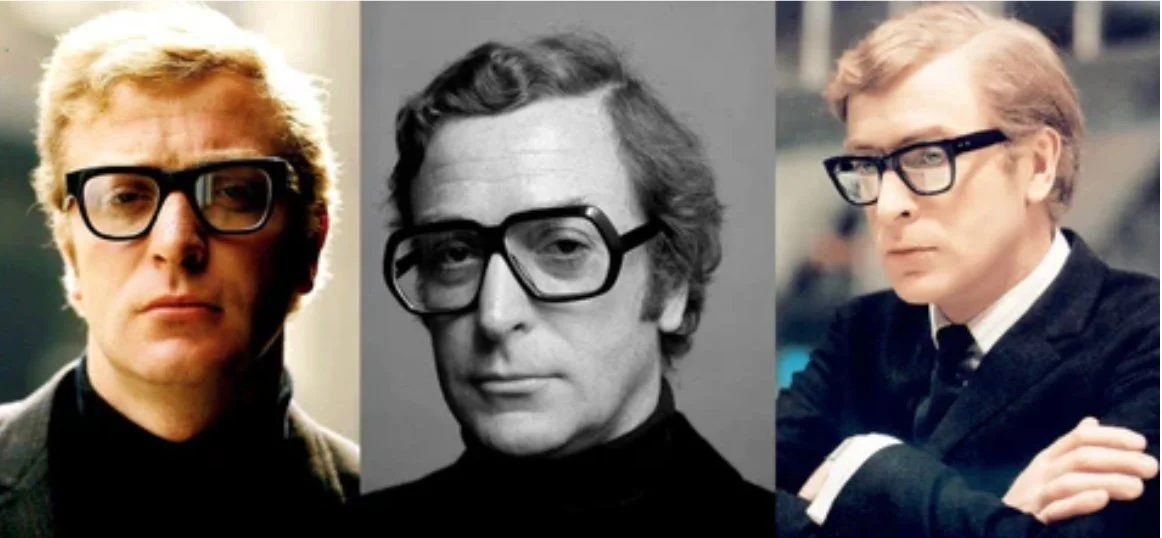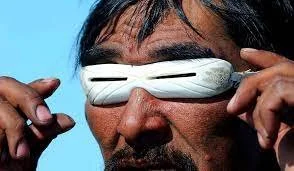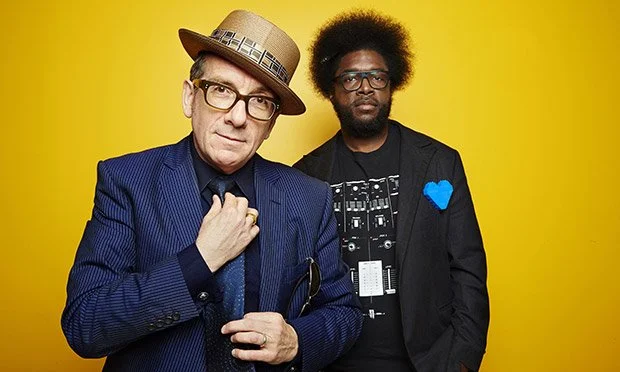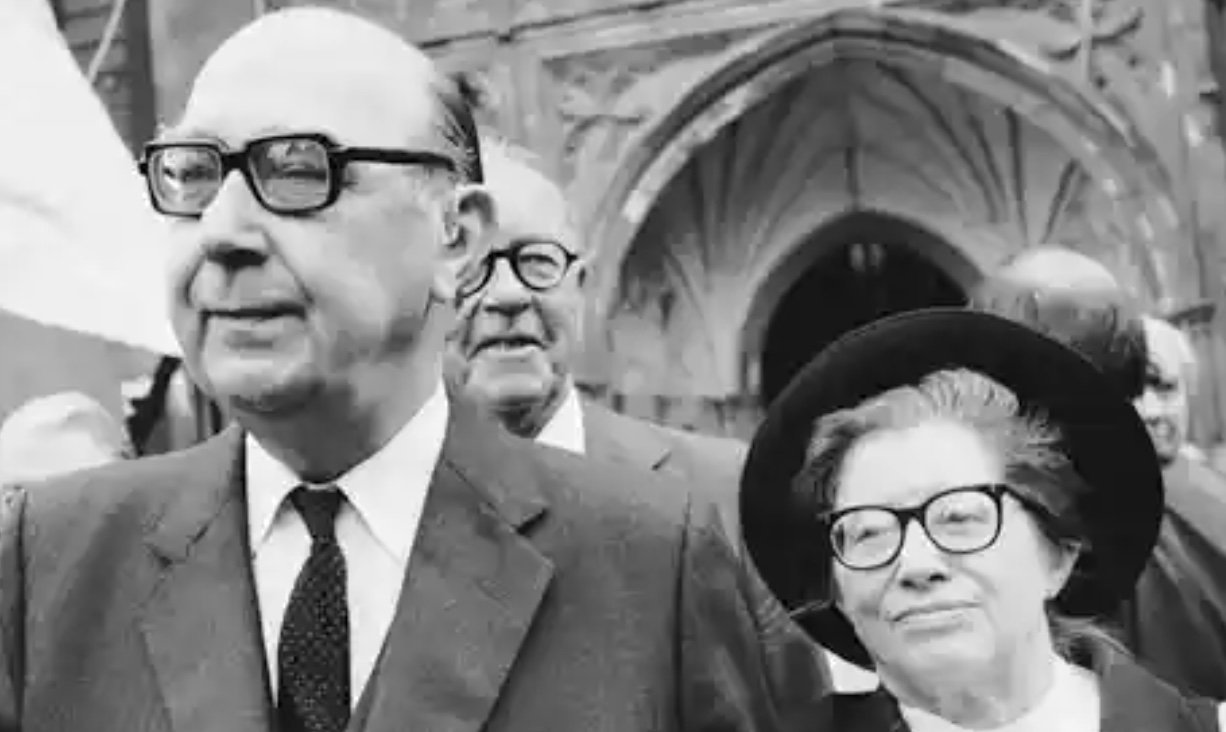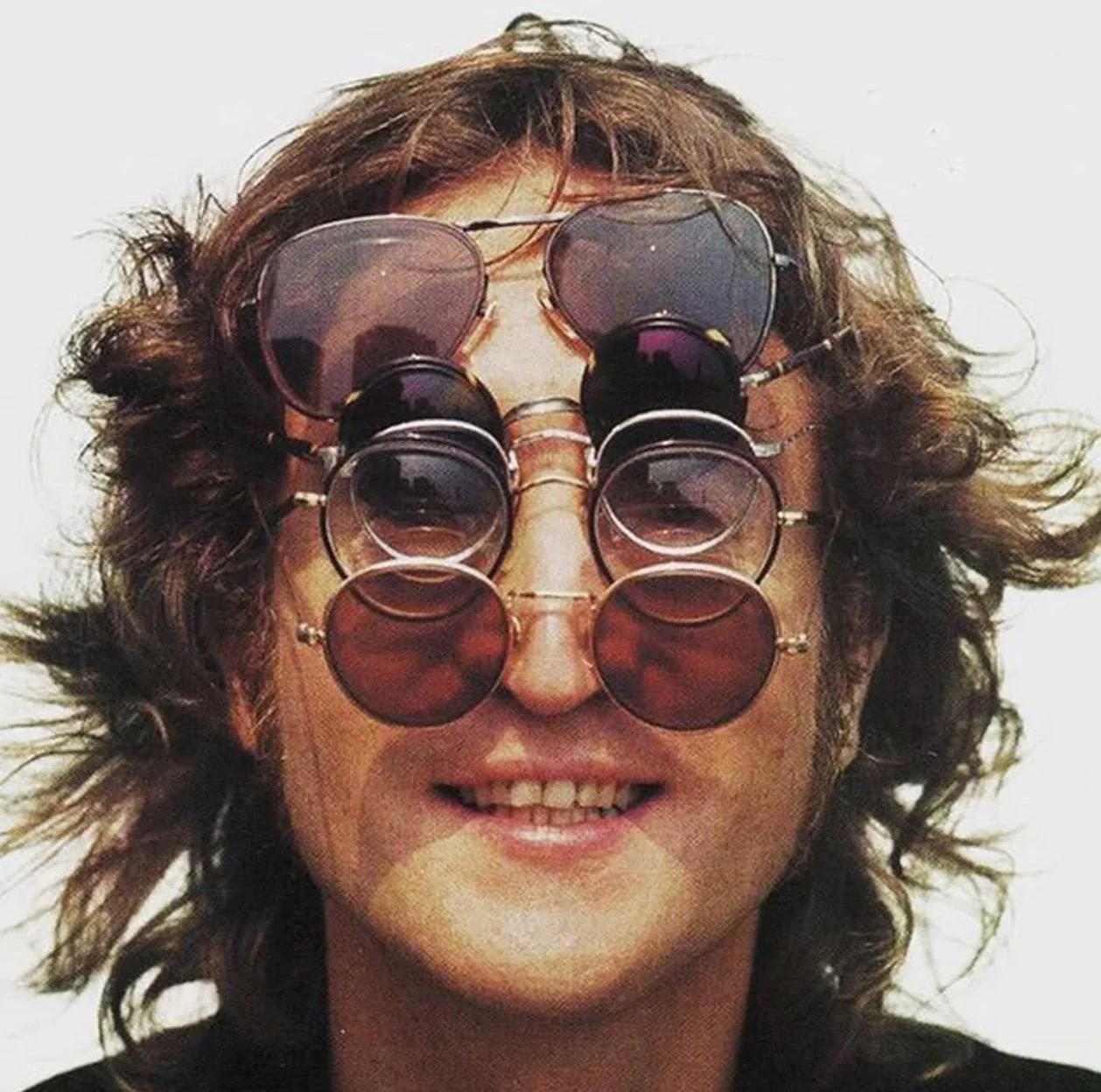By The Landlord
“I was walking down the street wearing glasses when the prescription ran out.” – Steven Wright
“Men who wear glasses are so much more sweet and gentle and helpless.” – Marilyn Monroe in Some Like It Hot
“Myrna was not astigmatic; the lenses were clear glass; she wore the glasses to prove her dedication and intensity of purpose.” ― John Kennedy Toole, A Confederacy of Dunces
“My doggie don't wear glasses
so they're lying when they say
a dog looks like it's owner
aren't they?” ― John Hegley, from Can I Come Down Now Dad?
“A celebrity is a person who works hard all of their life to become well known, and then wears dark glasses to avoid being recognised.” – Fred Allen
“With my sunglasses on, I'm Jack Nicholson. Without them, I'm fat and 60.” – Jack Nicholson
I remember it vividly, though at the same time, with a blur. I was about nine years old in primary school, and, sitting in the middle of a noisy, oversized class of fidgety, restless pupils. The teacher was speaking, and my mind was wandering. She, sporting horn-rimmed glasses and a brown woollen skirt and jacket combination, was indicating things on the blackboard, and I realised I couldn’t see what she was talking about.
For several weeks from that point, I tried bluff my way with guesswork, perhaps in a parallel way to those who, obviously suffering far more, dealt with dyslexia, turning to all forms of pretence and tricks of memory. But I was lucky, as understanding the formation of words were never an issue, it was just seeing them. But then I relented, told my parents, we made an appointment at Dollond & Aitchison opticians in the Stretford Arndale shopping centre, and like my mum, I gave into the gradual reality of short-sightedness.
Wearing specs was a burden through teenage years. I wasn’t alone of course, but it certainly dented my confidence, and I mostly wore the cheapest, in fact free-on-the-NHS design, your classic 524s, often of dark, tortoiseshell brown with two metal pins on either side of front. As a specs wearer, neither fighting boys, heading footballs, nor success with girls were much of an option, but defensive, ironic humour was certainly a byproduct.
It was only towards the end of school days and contact lenses came into my life that many new opportunities were possible. But retrospectively of course, it was never really about the glasses, it’s all about the confidence, which eventually came into view. Meanwhile, at least, that humorous vision remained.
His name is Michael Caine
These days I mostly still wear contacts, but also glasses on occasion, and socially they no longer seem to hold any negative connotations, and in many ways glasses are cool. But it hasn’t always been that way. Imagine living in a world without glasses for those whose eyesight was far from perfect? Life would have been even shorter, more embarrassing, and brutal.
Glasses, in one form or another have been around longer than we imagine. Eye correction dates as far back Ancient Rome at least, with mention by Pliny the Elder of use of an emerald to magnify reading by Emperor Nero, and a convex lens in Ptolemy's Optics.
But there wasn’t much more evidence of vision enhancement, at least in Europe until the 12th or 13th centuries. Robert Grosseteste's treatise De iride (On the Rainbow), written between 1220 and 1235, mentions using optics to "read the smallest letters at incredible distances". A few years later in 1262, the English philosopher and Franciscan friar Roger Bacon is also known to have written on the magnifying properties of lenses and in 1268, a man who also described the making of gunpowder.
However, there was likely many parallel, or earlier forms of glasses to eye improvement or protection in China or Inuit cultures, from smokey quartz from snow goggles, using tiny slits to protect or sharpen vision.
Inuit snow glasses: to sharpen and protect and way ahead of the glass design
The first eyeglasses in a form as we know them today were estimated to have been made in central Italy, probably likely in Pisa, by about 1290. In a 1306 sermon, the Dominican friar Giordano da Pisa wrote: "It is not yet twenty years since there was found the art of making eyeglasses, which make for good vision ... And it is so short a time that this new art, never before extant, was discovered. ... I saw the one who first discovered and practiced it, and I talked to him.”
Early eyeglasses: detail of a portrait of the Dominican Cardinal and scholar Hugh of Saint-Cher, painted by Tommaso da Modena in 1352
Eyeglasses, whether for near or distance sight, are perhaps as important as the printing press in spread of literacy and wider culture, mentioned in works from Samuel Pepys to Samuel Johnson and Charles Dickens.
So then, it’s time to turn to the subject of eyewear of all forms in song. They correct or protect our vision, but can also change our appearance. But what do they signify and what happens to the wearer? Form distance to reading glasses, sunglasses to goggles to monocles, it's time to see how they look in lyrics.
Sexy in specs: Nana Mouskouri
All sorts of design types might come up from geeky to the cool, the Aviators to the Wayfarers, the thick, heavy bottle-bottom distorted to the lenseless and designer, the bug-eyed to the horn-rimmed, the rimless to the old-fashioned off the nose and on a string Pince-nez or monocle, to the Windsor, those simple round types distinctively worn by Mahatma Gandhi.
But what associations to glasses convey? Serious and scholarly and librarian-like, or comical, or even sexy? Glasses seem to cover and oversee a whole variety of perspectives and emotions.
Gandhi’s glasses have a serious spiritual and statesmanlike quality, but what of those similar round Windsor models worn by the wisecracking Groucho Marx, the slapstick skill of Harold Lloyd, or the rebelliously articulate John Lennon?
Many music stars who have uses the necessity of glasses have turned the look into a selling point, such as Roy Orbison to Dizzy Gillespie, Elvis Costello, Janis Joplin, Nana Mouskouri, Elton John, Buddy Holly, Bono, Brittany Howard, and in his later Las Vega years, Elvis Presley. Intelligent, cool, sexy, or geeky - glasses have many associations.
Sharp men of vision: Elvis Costello and Ahmir 'Questlove' Thompson of The Roots
And as well as Groucho, glasses seem to have been the making of many comedians and comic actors such as Peter Sellers, Woody Allen or Rick Moranis. But many Hollywood stars have also used them to become sex symbols, from Cary Grant to Michael Caine to Burt Lancaster.
Glasses are also often cover-up for hidden personas, and it’s a common cliche as a way to hide attractiveness or capability. Clark Kent, for example, is a bespectacled pen-pushing reporter, but has to remove his glasses before he can become Superman.
But not everyone is Superman behind those rims. The bespectacled poet Philip Larkin, who spent most of his career also working in a library in Hull, describes in the poet Wild Oats how he ended up with the ‘girl in specs’, despite lusting after the “bosomy English rose”.
About twenty years ago
Two girls came in where I worked—
A bosomy English rose
And her friend in specs I could talk to.
Faces in those days sparked
The whole shooting-match off, and I doubt
If ever one had like hers:
But it was the friend I took out,
And in seven years after that
Wrote over four hundred letters,
Gave a ten-guinea ring
I got back in the end, and met
At numerous cathedral cities
Unknown to the clergy. I believe
I met beautiful twice. She was trying
Both times (so I thought) not to laugh.
Yet Larkin did have a sex life, and the loves in his life were generally specs, two of whom had a particularly academic look, in his younger days Ruth Bowman, and later, for for much longer, Monica Jones.
Sex and pairs of specs: Philip Larkin(g) with longtime lover Monica Jones
But glasses can get the girl. An alternative twist to this comes in the brilliant gender-switching Some Like It Hot, in which on the run musicians Jack Lemmon and Tony Curtis pretend to be women to play in a girl band, but Curtis, falling for Marilyn Monroe’s Sugar, seeks to seduces her by pretending to be a geeky, uptight, bespectacled oil millionaire, but also doing an impression of Cary Grant.
We’re having a glasses party in the Bar today, and are joined by more putting their bespectacled perspective on things. American comic Henry Youngman gets the party started wit this first order:
“My grandmother is over eighty and still doesn't need glasses. Drinks right out of the bottle.”
But at another table, two heavyweight regulars bring a more profound perspective.
“A pair of powerful spectacles has sometimes sufficed to cure a person in love,” says Friedrich Nietzsche
“And,” adds his satirical drinking partner and poet Alexander Pope, “the greatest magnifying glasses in the world are a man's own eyes when they look upon his own person.”
Can glasses hold you back, or push your forwards? “When I was a teenager, I was fat. I was shy. I wore glasses. I had a big eyebrow and hair all over my body. They were years of torture,” confesses Gloria Estefan.
Actors love glasses. We have several here today. “In all my years as an actor, I had never been me - I had always hidden behind my glasses, moustaches and funny voices,” says Jon Pertwee, one-time Doctor Who and later Worzel Gummidge.
“Well, I love to come in and play with a wig or glasses or clothes. I love using props. I'm from the Peter Sellers school of trying to prepare for the character,” adds Dan Ackroyd, and that’s right on cue for us to enjoy a famous shades-wearing moment from The Blues Brothers:
Glasses are a way to cover yourself up when famous, but also create an image. We’ve already heard from Jack Nicholson, but fellow great actor Al Pacino confesses that with fame, “ I'm so shy now I wear sunglasses everywhere I go. Hoo ha!” (OK I added in that last bit for effect).
Famous dark glasses-wearing singer wonder Roy Orbison also reveals the origin of that look, which was entirely by accident. “I started using sunglasses in Alabama. I was going to do a show with Patsy Cline and Bobby Vee, and I left my clear glasses on the plane. I only had the sunshades, and I was quite embarrassed to go onstage with them, but I did it … So I was stuck with the dark glasses. They took all these pictures that went around the world. I guess once you become successful, you don't want to change anything too drastically.”
Glasses are necessary then, and have been adapted by all kinds of famous people of contrasting types, even elite sportsmen. “Visually, my trademarks have always been my glasses and hair,” says Dutch footballer Edgar Davids.
“My eyes have been sensitive to light since the fifth grade. Without glasses I can't see the next hurdle,” adds the great 400m champion hurdler Edwin Moses, but he did see the next and the next and left, jumped them all, and left all other runner trailing in his wake.
And of another type entirely is the interviewer of oddballs and extremist Louis Theroux who understands that his image is “As much as the glasses, it's the Englishness and the gangliness. The apparent lack of muscularity... they indicate I'm not a macho man,” and yet his penetrating gaze and disarming lack of machismo somehow teases truths from people
To end, the Fall’s Mark E. Smith is here too, though he’s not wearing glasses an is almost drinking our bar dry. But just when you think he’ll do one thing and is too incoherent to contribute, he comes out with this twist with a metaphor. Is he wearing beer goggles? Yes in some ways, but not in another uses a different metaphor. "Every day is great for me. I dislike rose-coloured glasses.”
Different glass: John Lennon
So then, literally or metaphorically, it’s time to put in your pair of musical eyewear and see what plays out. Another fun element to this week’s topic might be to relate your own glasses-wearing anecdotes and also your famous bespectacled music stars. This week’s guru overseeing the results is the eagle-eyed Marco den Ouden. Deadline for song nominations is Monday at 11pm UK time for playlists published next week. Look sharp!
New to comment? It is quick and easy. You just need to login to Disqus once. All is explained in About/FAQs ...
Fancy a turn behind the pumps at The Song Bar? Care to choose a playlist from songs nominated and write something about it? Then feel free to contact The Song Bar here, or try the usual email address. Also please follow us social media: Song Bar Twitter, Song Bar Facebook. Song Bar YouTube, and Song Bar Instagram. Please subscribe, follow and share.
Song Bar is non-profit and is simply about sharing great music. We don’t do clickbait or advertisements. Please make any donation to help keep the Bar running:

